A recent study of finance chiefs at over 200 companies revealed that one in six expect the job of CIO to be gone within five years. More than twice that many (40%) expected that IT will eventually be folded into the finance department. This highlights the impact of trends like BYOD, the consumerization of IT, and the growing importance of cloud services.
As IT departments struggle to deal with an ever-increasing influx of iPhones, iPads, Android devices, and other “consumer” technologies, this raises big questions. Would handing management of IT over to a CFO with limited technical experience help or hinder Apple’s position as a business vendor? Would that drive BYOD programs or inhibit them? Would this ultimately be beneficial to most employees at a company?




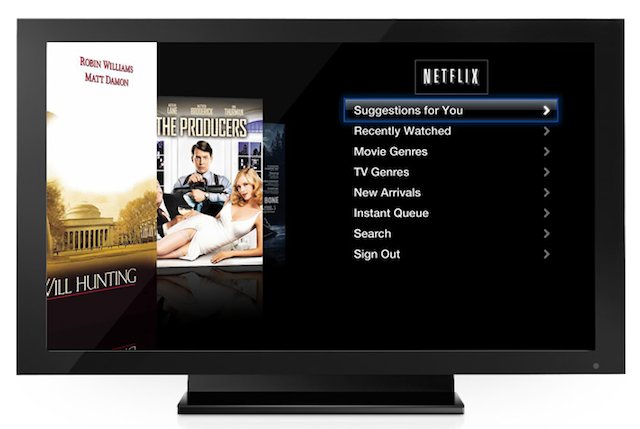
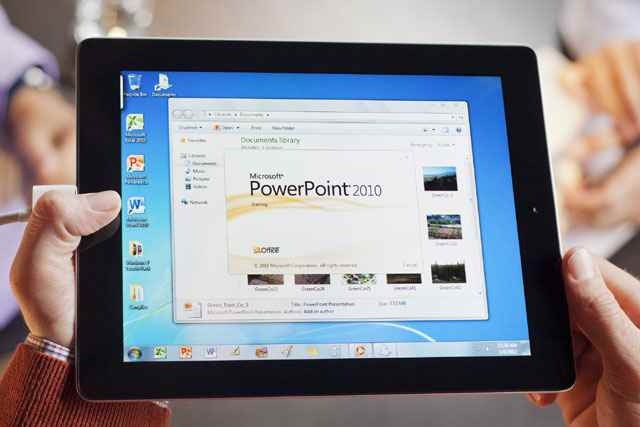
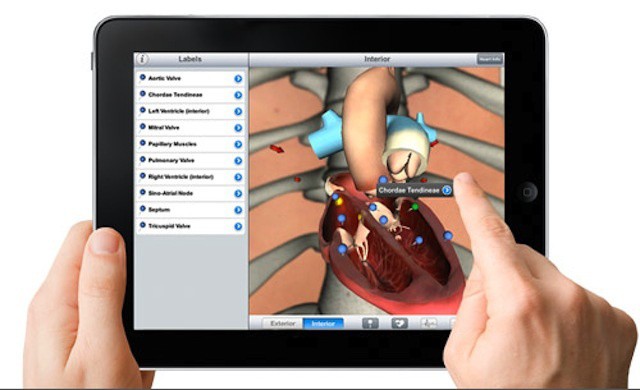
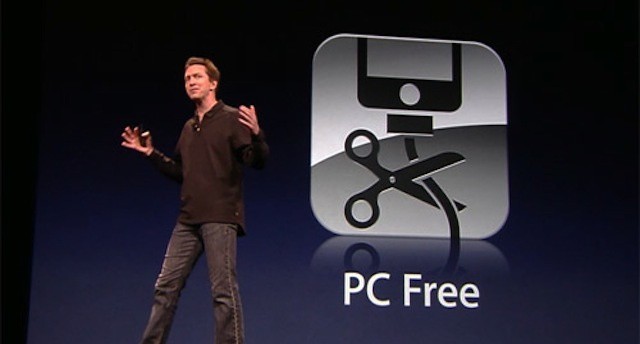
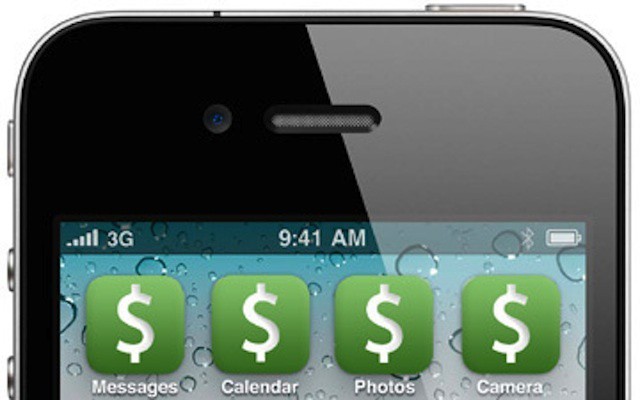
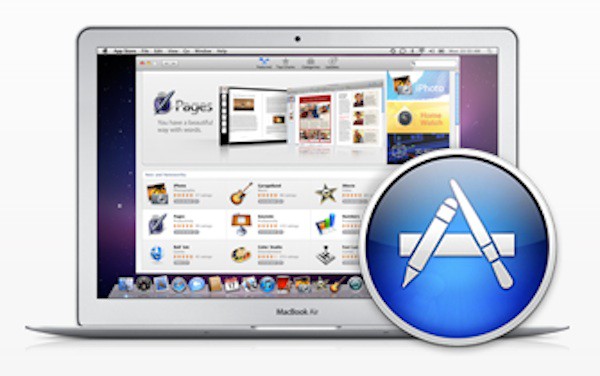

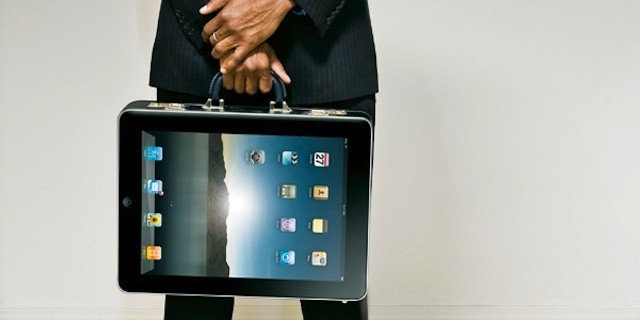

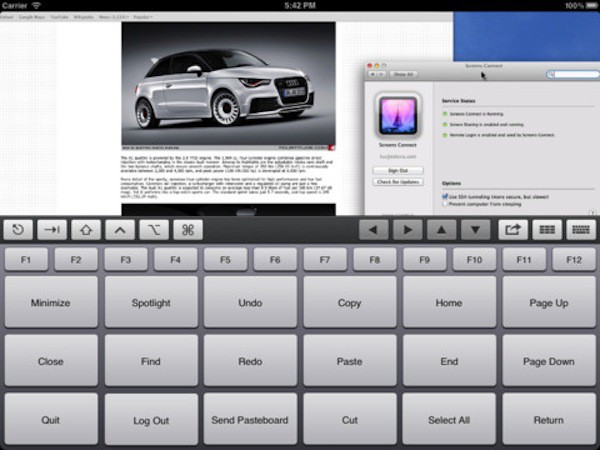
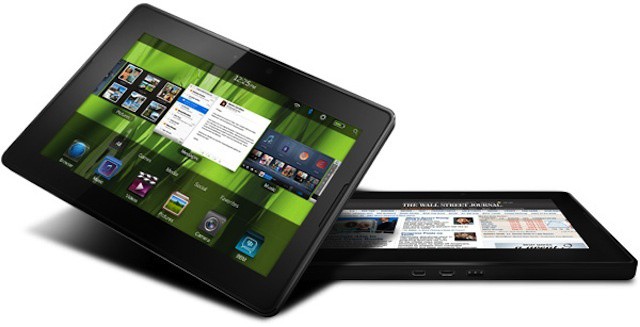
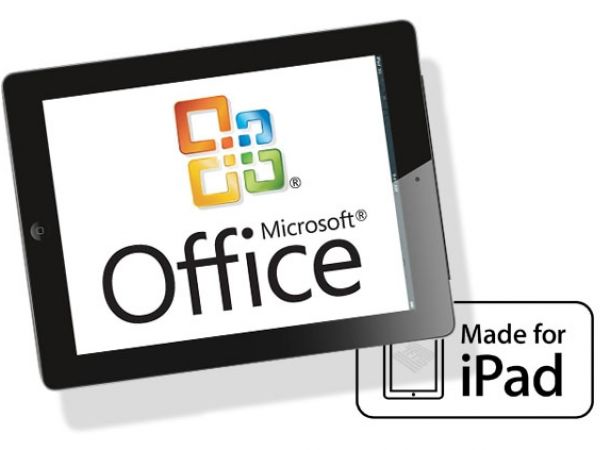

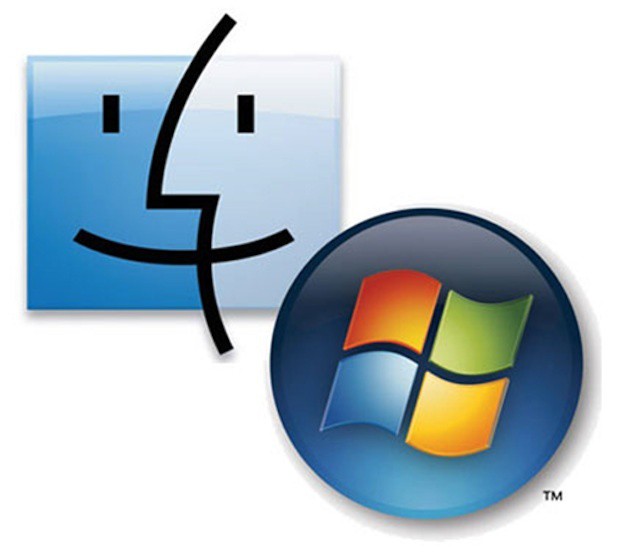
![OS X Mountain Lion’s GateKeeper: Bad For Businesses, Great For Consumers [Opinion] gatekeeper.jpg](https://www.cultofmac.com/wp-content/uploads/2012/02/gatekeeper.jpg)
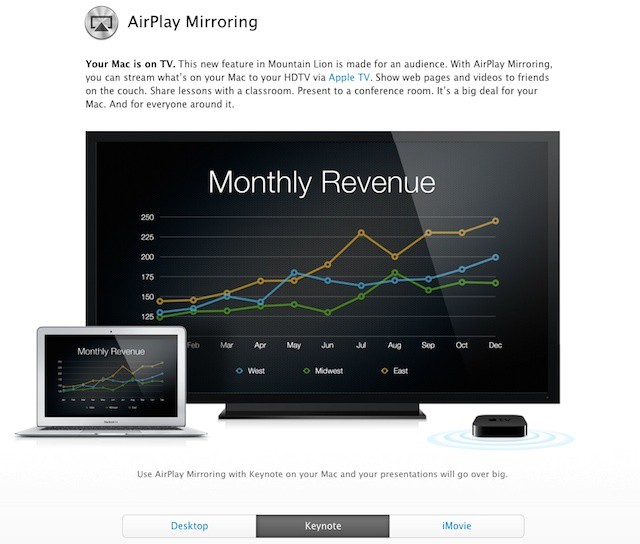
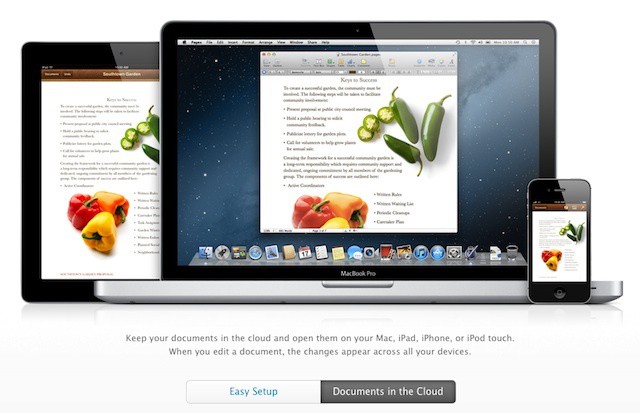
![Centrify Makes iOS Management Easy For Windows IT Pros And Does It For Free [Feature] Centrify offers DirectControl for Mobile and DirectControl for Mac](https://www.cultofmac.com/wp-content/uploads/2012/02/CentrifyLogoVerticalColorwithWhiteBackgroundHighRes1133x746.jpg)
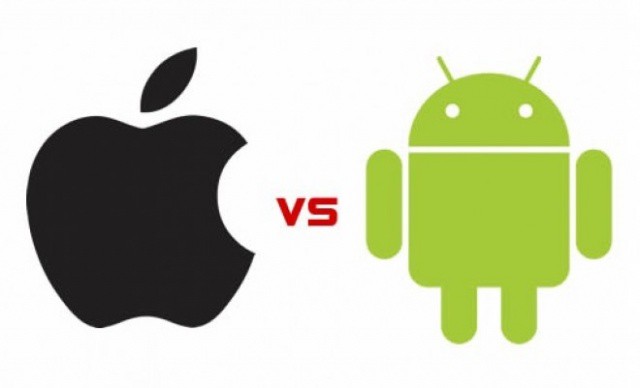
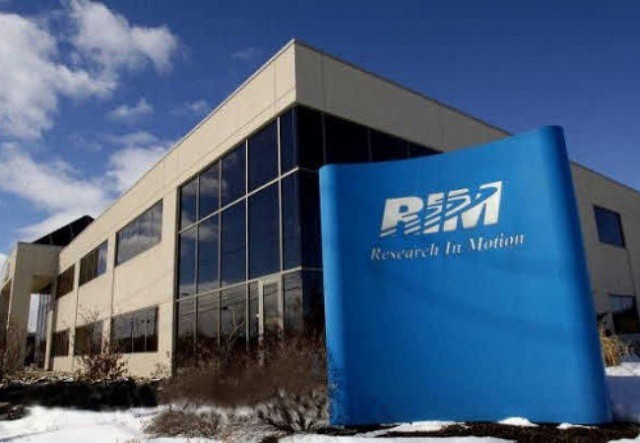


![BYOD Challenge: How IT Can Keep User-Owned iPhones And iPads Secure In Enterprise [Feature] Not everyone is ready to jump on the BYOD bandwagon](https://www.cultofmac.com/wp-content/uploads/2012/02/byod-tshirt1.jpg)